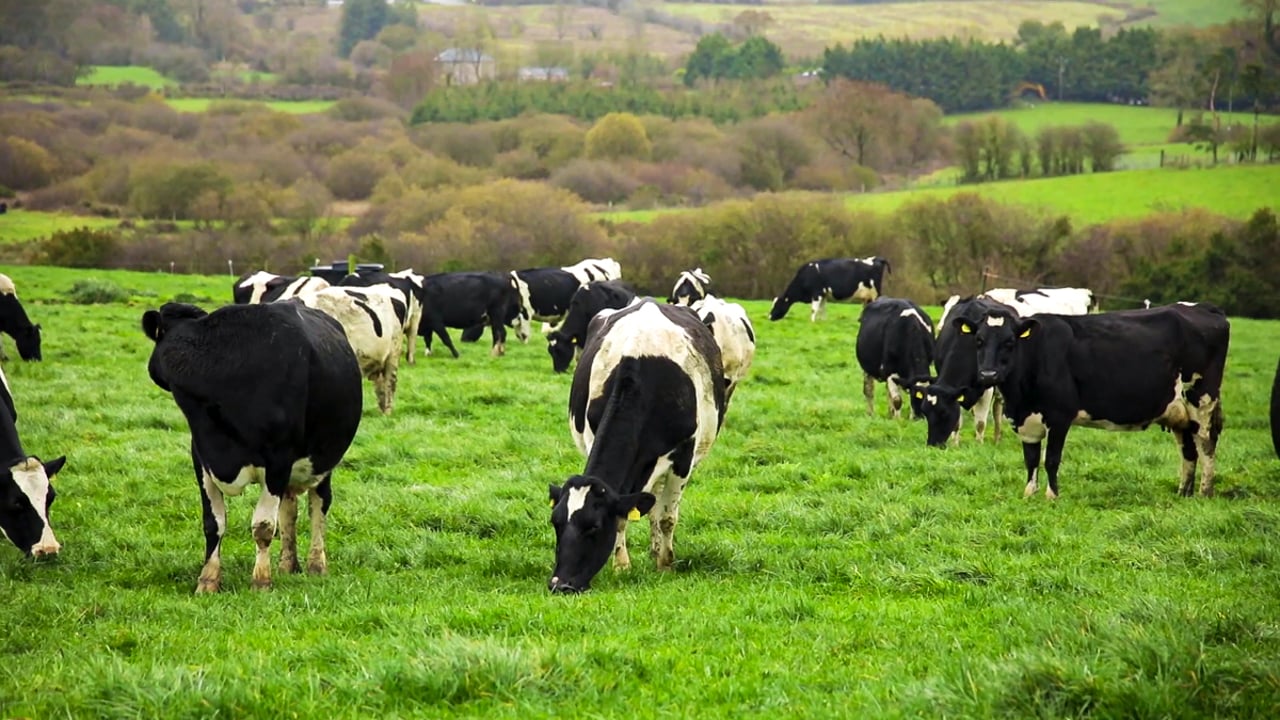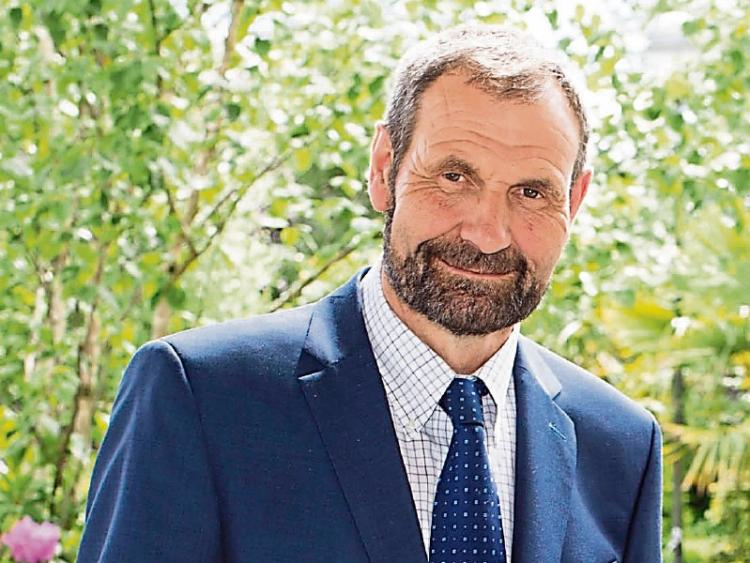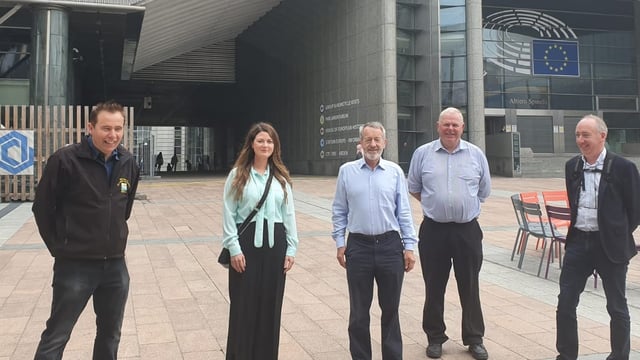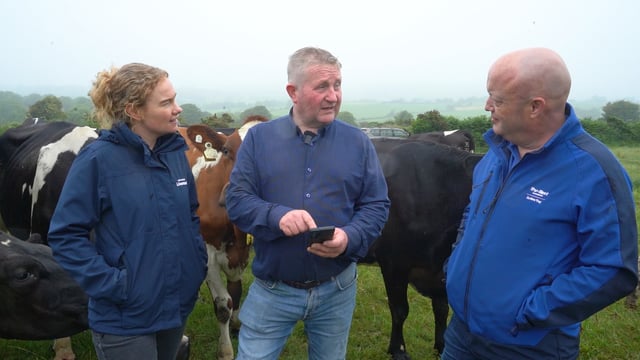CAP: Commercial farming loses out in payment reallocation - ICOS
The reallocation of Common Agricultural Policy (CAP) funding, disadvantages commercial farms, many of whom are already struggling with increasing regulatory costs, according the Irish Co-operative Organisation (ICOS).
The ogranisation says the reallocation takes further funding away from those under the greatest pressure to invest further in climate and environmental actions.
ICOS has welcomed the announcement today (Friday, June 25) that an agreement has been reached on the main issues within the CAP reform negotiations.
However the society has said that it is disappointed to see that the agreement includes a minimum 85% internal convergence and a 10% redistributive payment requirement.
Commenting on the deal, ICOS president Jerry Long stated: “While we are happy to see progress, we are, however, disappointed that the agreement includes a minimum 85% internal convergence and a 10% redistributive payment requirement.
“It is commercial dairy, tillage and drystock farmers who are losing out from this agreement, which fails to take into account the cost intensive nature of their operations (incurred by specific demands concerning traceability, hygiene etc.).
"These are the farmers who are driving our export industry, and who are reinvesting in jobs and infrastructure in our rural communities," he added.
ICOS says it's now awaiting clarity as to whether, in an Irish context, the implementation of 85% internal convergence covers the 10% redistributive payment requirement, or whether further measures will be required.
Long continued: “Furthermore, while the 25% ringfencing of eco schemes, which looks to be included within the agreement is unsurprising, the level of flexibility for unspent funds is.
ICOS has stressed that this will not ease fears that funding will be lost from the CAP as a result.
The society has said that it is of "absolute importance" that these schemes are accessible and practical to all farmers, to avoid a situation of lost funds.
"[We welcome] the recognition it provides for permanent grassland, which we expect and hope to be applicable in an Irish context,” Long concluded.






